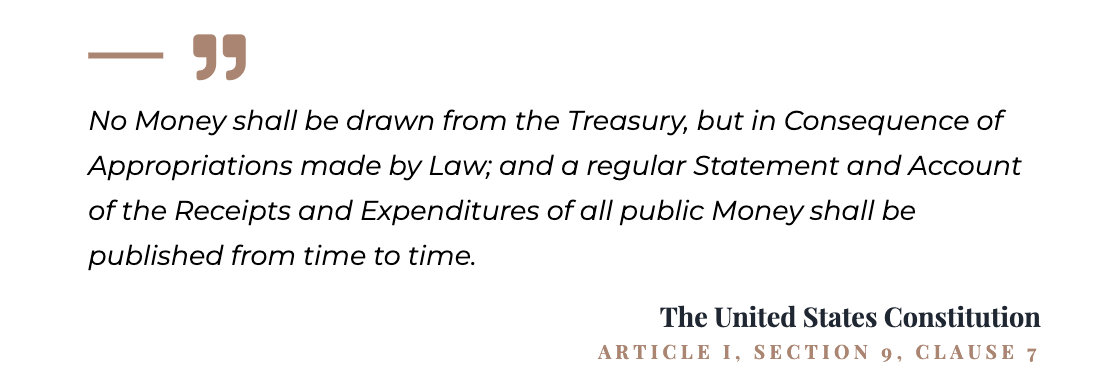Office for Fiscal and Regulatory Analysis
Accessible, Transparent, and Reproducible Policy Analysis
Accessible, Transparent, and Reproducible Policy Analysis
Estimate the budgetary effects of policy proposals
Advance open source and reproducible economic modeling
Develop technologies to give government back to the American people
Government in the United States, both at the federal and state level, has become larger and ever more complex. The mission of the Office for Fiscal and Regulatory Analysis (OFRA) is to make government policy easier to understand, reform, and reorient for the good of the American people.
Our open source technology tools help policy professionals simplify and streamline legislative design and rulemaking. Our quantitative analyses highlight major budgetary risks and opportunities. Our voter education products enable the average American, including those not steeped in public policy, to understand its impact on their lives. And all of our work is built to be accessible, transparent, and reproducible.

Executive Director, Office for Fiscal and Regulatory Analysis
Senior Advisor, Office for Fiscal and Regulatory Analysis
Senior Technology Advisor, Office for Fiscal and Regulatory Analysis
Senior Advisor, Office for Fiscal and Regulatory Analysis
Senior Advisor, Office for Fiscal and Regulatory Analysis
Researcher, Office for Fiscal and Regulatory Analysis
Researcher, Office for Fiscal and Regulatory Analysis
Engineer, Office for Fiscal and Regulatory Analysis
Engineer, Office for Fiscal and Regulatory Analysis
Engineer, Office for Fiscal and Regulatory Analysis
Engineer, Office for Fiscal and Regulatory Analysis
Researcher, Office for Fiscal and Regulatory Analysis
Program Assistant, Office for Fiscal and Regulatory Analysis
Washington, D.C.—Today, the America First Policy Institute (AFPI) released the following statement in recognition of the one-year anniversary of President Trump’s executive order to establish the Department of Government Efficiency (DOGE): “By forcing agencies to answer to where taxpayer dollars are actually going, DOGE exposed waste, duplicative programs, and hidden spending that too often served political agendas instead of the American people.
Contents:
10-percent reduction of federal workforce in 2025
10-percent reduction of federal workforce every year during 2025-2028
20-percent reduction of federal workforce in 2025
20-percent reduction of federal workforce every year during 2025-2028
40-percenty reduction of federal workforce in 2025